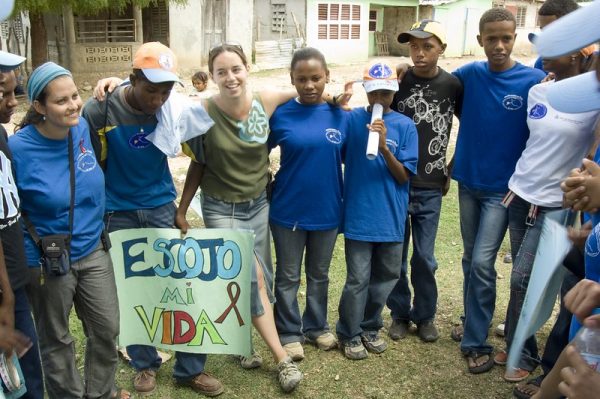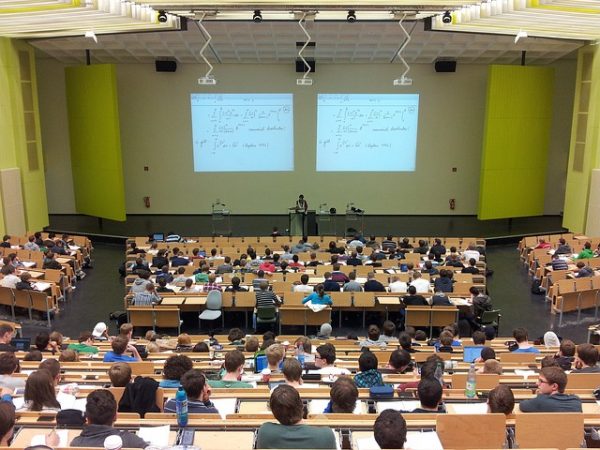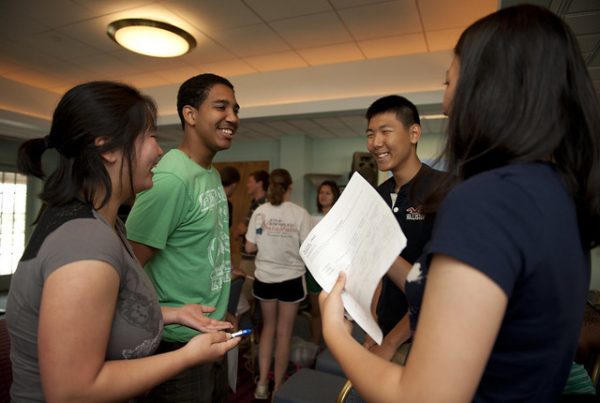
Service-learning is an extremely high-impact educational practice. Research shows that it increases students’ social responsibility and civic-mindedness, awareness of stereotypes, tolerance for diversity, and commitment to continued civic engagement and development of multicultural skills like empathy, patience, reciprocity and respect. Teachers may assume the benefits of service-learning come from relatively advantaged students reducing their prejudices through contact with relatively disadvantaged service populations. This is only part of the story, though. New research shows that students from lower socioeconomic backgrounds are actually more attuned to structural — instead of individual — explanations of inequality during service-learning.



